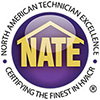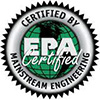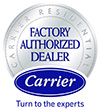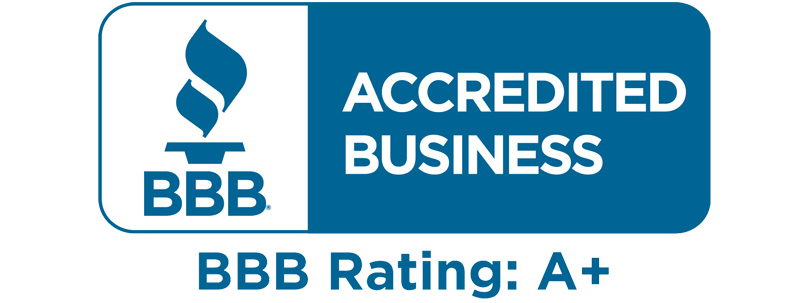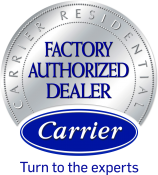Maintaining air filters in commercial HVAC systems is essential for energy efficiency, system longevity, and most importantly, indoor air quality. Proper filter management not only reduces operational costs but also protects the health of employees and visitors. In climates with fluctuating temperature and humidity, effective air filter maintenance becomes even more critical for keeping HVAC systems running reliably.

Why Change Filters on Time?
Timely replacement of air filters is crucial for maintaining optimal indoor air quality and efficient system performance. As filters accumulate dust, pollen, and other airborne contaminants, their ability to trap particles declines. This not only compromises indoor air but also forces the HVAC system to work harder, leading to increased energy use and potential system strain.
A clogged filter can even allow unfiltered air to bypass the system entirely, introducing pollutants directly indoors. Regular filter changes prevent these issues, lowering energy costs while protecting the health of building occupants.
Understanding Common Indoor Air Pollutants
Commercial spaces often contain a mix of pollutants, including volatile organic compounds (VOCs) from office equipment and furniture, along with dust, pollen, and other allergens. Without proper air filtration, these contaminants can build up and negatively affect occupant health and productivity. Consistent filter maintenance is a critical step in minimizing exposure to these indoor pollutants.
Determining the Optimal Changing Point
Knowing when to replace air filters can be challenging. Differential pressure gauges provide a reliable way to monitor filter condition by measuring pressure drop across the filter. When resistance becomes too high, it signals the need for replacement. High-efficiency filters that maintain airflow while capturing contaminants are especially effective at reducing both energy costs and indoor air risks.
The Significance of Air Filter Efficiency
Filter performance is measured by the Minimum Efficiency Reporting Value (MERV). Filters with higher MERV ratings capture smaller particles, making them suitable for commercial buildings that require stricter air quality standards. However, the filter’s efficiency must match the system’s capabilities to avoid restricted airflow and unnecessary strain on the HVAC unit.
Air Filtration Solutions for Mold Control
In humid environments, mold growth is a common concern in commercial buildings. Mold spores not only impact air quality but also create serious health hazards. High-quality filters with proper MERV ratings can help capture spores before they circulate indoors, reducing the risk of mold-related issues.
Ready to Enhance Your Commercial HVAC Air Filtration?
Dittmer Air Conditioning & Heating in Cocoa, FL, specializes in helping businesses optimize their commercial HVAC systems through effective air filter management. From improving air quality and reducing energy costs to extending system lifespan, our team delivers customized solutions tailored to your facility’s needs.
Contact Dittmer Air Conditioning & Heating today at (321) 637-0170 or fill out our online form to schedule a consultation. Protect your business and building occupants with expert air filter management in Cocoa, FL.




